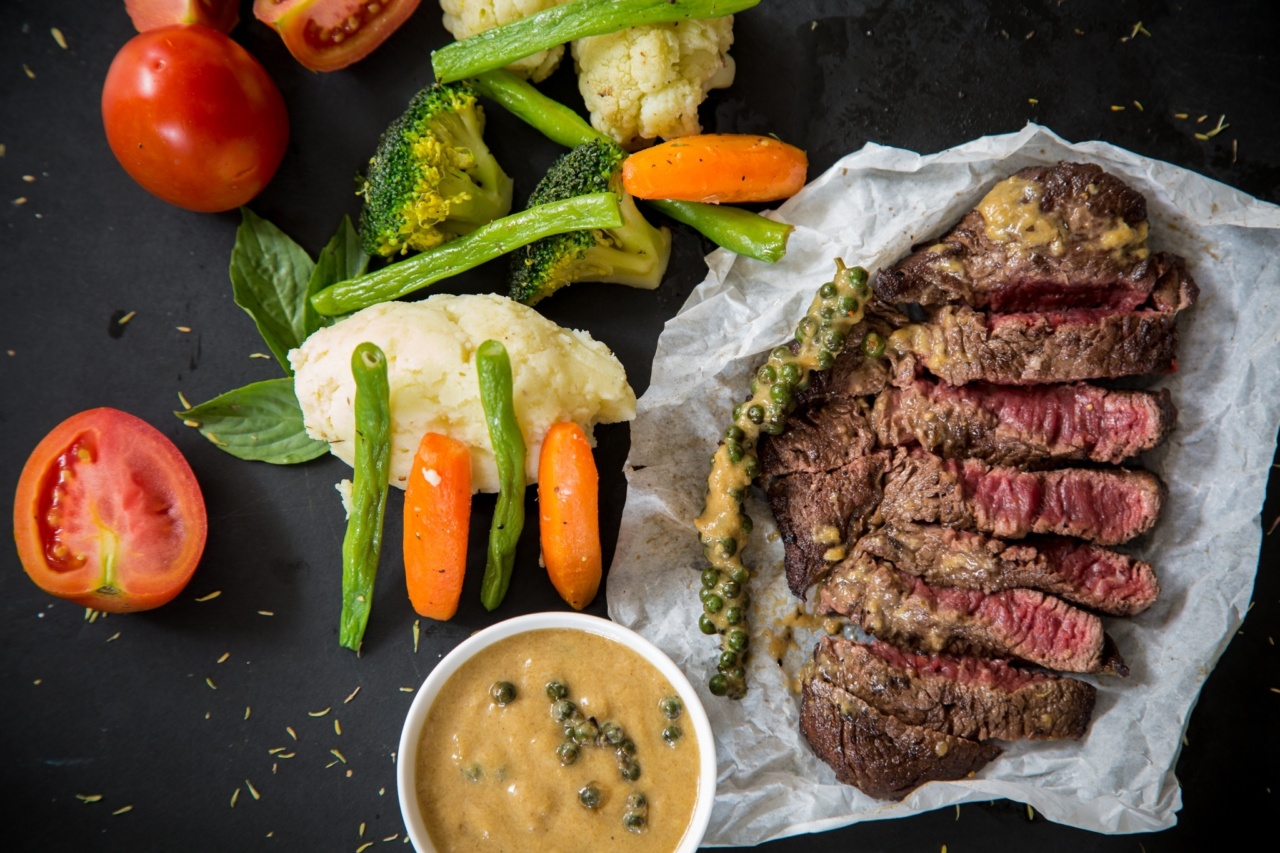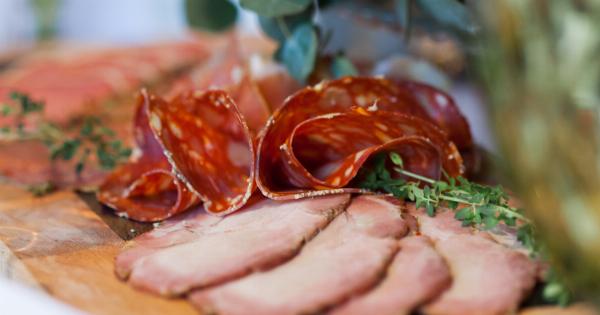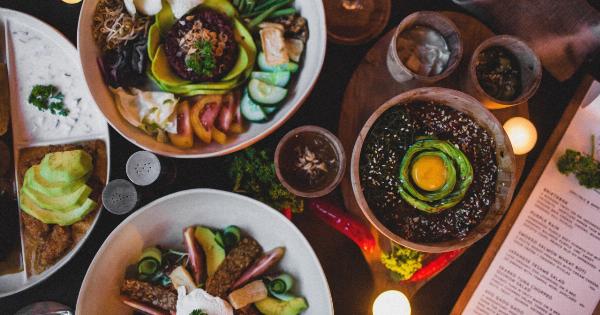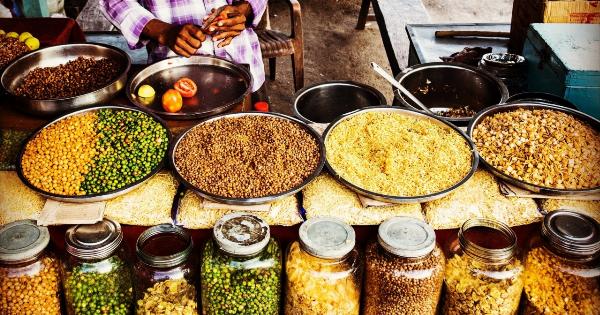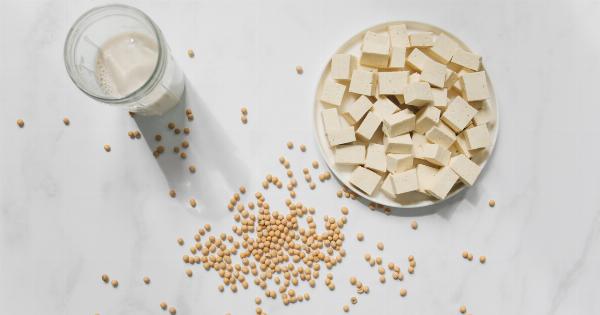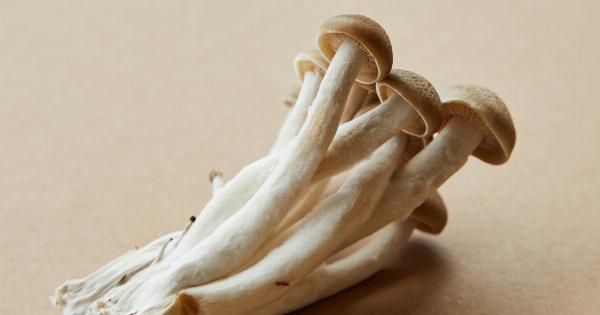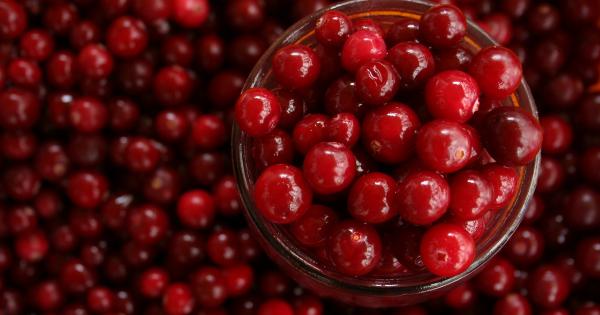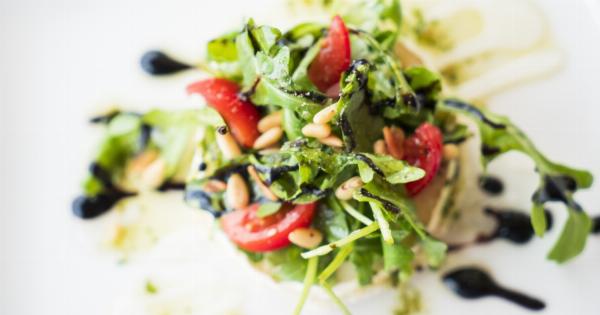Protein is an essential macronutrient that plays a crucial role in our body. It is responsible for repairing and building tissues, supporting immune function, and aiding in the production of enzymes and hormones.
While most people associate protein with animal-based foods, there are plenty of vegetarian options available as well. In fact, many vegetables are surprisingly high in protein content, making them an excellent choice for vegetarians and vegans looking to increase their protein intake. In this article, we will explore 15 veggies packed with protein.
1. Edamame
Edamame, also known as soybeans, are young soybeans that are harvested before they fully harden. These little green beans are not only delicious but are also highly nutritious and packed with protein.
In fact, one cup of cooked edamame contains approximately 18 grams of protein, which is equivalent to the protein content of three eggs. It is also an excellent source of fiber, iron, and vitamin K.
2. Spinach
Popeye was definitely onto something when he touted the benefits of spinach. Aside from being loaded with vitamins and minerals, spinach is also surprisingly high in protein.
One cup of cooked spinach contains about 5 grams of protein, which is more than most other leafy greens. Additionally, spinach is rich in antioxidants and can help improve eye health and reduce oxidative stress on the body.
3. Broccoli
Broccoli is not only a versatile vegetable but also a great source of protein. One cup of cooked broccoli contains approximately 4 grams of protein.
Additionally, broccoli is packed with fiber, vitamins, and minerals, making it a nutritious addition to any meal. It is rich in vitamin C, vitamin K, and folate, which are essential for optimal health.
4. Brussels Sprouts
Brussels sprouts are often enjoyed roasted or sautéed as a side dish, but they also provide a good amount of protein. One cup of cooked Brussels sprouts contains around 4 grams of protein.
These mini cabbages are also high in fiber, vitamin C, and vitamin K. They are a versatile and delicious vegetable that can add variety and nutrition to your meals.
5. Asparagus
Asparagus is a nutrient-dense vegetable that is not only low in calories but also surprisingly high in protein. One cup of cooked asparagus provides about 4 grams of protein. It is also an excellent source of folate, vitamin K, and antioxidants.
Asparagus can be enjoyed steamed, roasted, or grilled, and makes a flavorful addition to any dish.
6. Kale
Kale has gained popularity in recent years due to its numerous health benefits, and its protein content is definitely worth noting. One cup of cooked kale contains approximately 3 grams of protein.
This leafy green powerhouse is also loaded with vitamin A, vitamin C, and vitamin K. Whether used in salads, soups, or smoothies, kale is an excellent addition to a protein-packed vegetarian diet.
7. Peas
Peas may be small, but they are packed with protein. One cup of cooked peas contains around 9 grams of protein. They are also a good source of dietary fiber, vitamin C, and vitamin A.
Peas can be enjoyed as a side dish, added to salads, or incorporated into various recipes, including stews, curries, and stir-fries.
8. Cauliflower
Cauliflower is not only a versatile vegetable but also a surprisingly good source of protein. One cup of cooked cauliflower provides about 3 grams of protein. It is also an excellent source of vitamins C, K, and folate.
Cauliflower can be enjoyed roasted, mashed, or even used as a low-carb rice alternative, making it a popular choice among those following a plant-based or low-carb diet.
9. Artichokes
Artichokes may seem like an unusual choice for a protein source, but they are, in fact, a good vegetarian option. One medium-sized artichoke contains around 4 grams of protein. They are also high in fiber, vitamin C, and antioxidants.
Artichokes can be enjoyed steamed, grilled, or even marinated and added to salads or pasta dishes.
10. Green Beans
Green beans, also known as string beans or snap beans, are a tasty and nutritious vegetable that is surprisingly rich in protein. One cup of cooked green beans contains about 2 grams of protein.
They are also a good source of vitamins A, C, and K, as well as dietary fiber. Green beans can be enjoyed steamed, stir-fried, or even added to salads for a protein boost.
11. Mushrooms
Mushrooms are not only a great meat substitute for vegetarians, but they also provide a decent amount of protein.
The protein content varies depending on the mushroom variety, but on average, one cup of cooked mushrooms contains around 3-5 grams of protein. Mushrooms are also rich in vitamins, minerals, and antioxidants, making them a healthy addition to any diet.
12. Sweet Potatoes
Sweet potatoes are not only a delicious and versatile vegetable but also offer a surprising amount of protein. One medium-sized cooked sweet potato contains about 2 grams of protein.
They are also an excellent source of dietary fiber, vitamins A and C, and antioxidants. Sweet potatoes can be baked, roasted, mashed, or used in a variety of savory and sweet dishes.
13. Lentils
Lentils are a staple in many vegetarian and vegan diets due to their high protein content. One cup of cooked lentils provides approximately 18 grams of protein. They are also an excellent source of dietary fiber, iron, and folate.
Lentils can be used in a variety of dishes, including soups, stews, salads, and veggie burgers.
14. Quinoa
Quinoa is a complete protein source, meaning it contains all nine essential amino acids. One cup of cooked quinoa contains around 8 grams of protein, making it an excellent choice for vegetarians and vegans.
It is also high in fiber, magnesium, and various vitamins and minerals. Quinoa can be enjoyed as a side dish, added to salads, or used as a base for various recipes.
15. Chickpeas
Chickpeas, also known as garbanzo beans, are not only delicious but also packed with protein. One cup of cooked chickpeas contains around 15 grams of protein. They are also a good source of dietary fiber, iron, and various vitamins and minerals.
Chickpeas can be used in a variety of dishes, including salads, curries, soups, and hummus.
